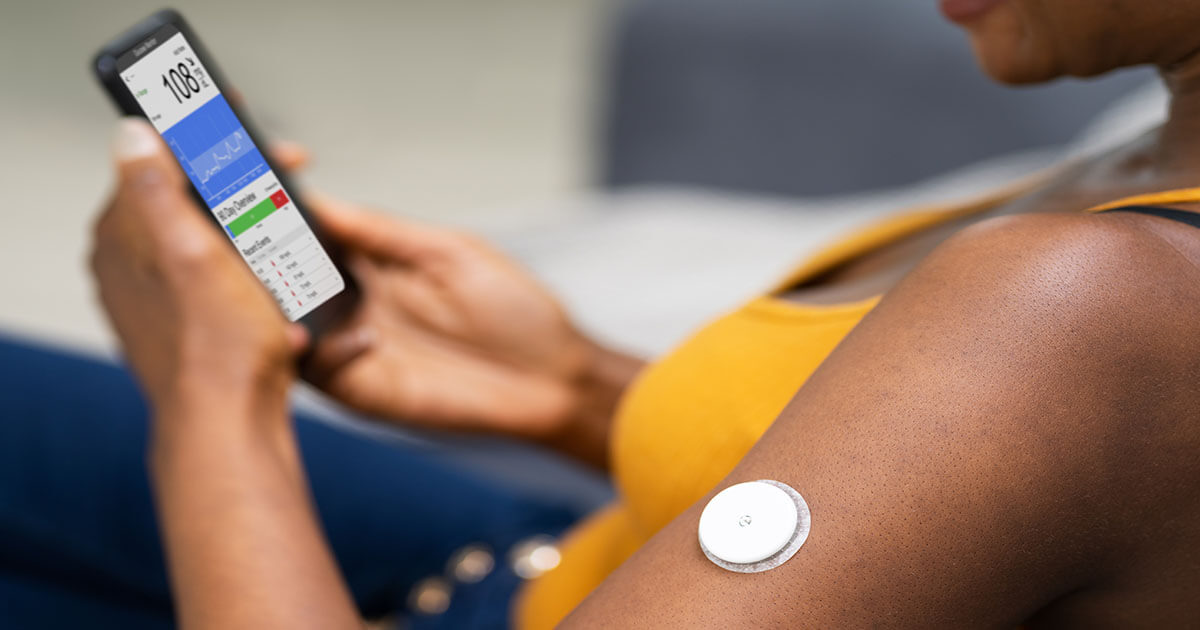The first joint Wales and South West Paediatric Diabetes Psychology Conference was held at the University of South Wales in Newport in December to provide a forum for paediatric psychologists specialising in diabetes. The conference aimed to improve psychologists’ skills and knowledge about diabetes-related topics through discussion and sharing good practice; to work towards developing national paediatric diabetes psychology interventions and standards; and to enable psychologists to discuss issues relating to their role. Although we initially intended to focus on psychologists from the Wales and South West regions, there was sufficient interest and just enough funding to invite those from further afield. We were delighted to be joined by 50 psychologists, including some trainees, from almost every region in England and Wales. The morning consisted of presentations and table discussions and the afternoon was devoted to more interactive workshops.
Outcomes and understanding
Dr Deborah Christie, from UCLH, began the day with a presentation about what outcomes psychologists should be aiming for when working with adolescents. She began by looking at the contradictory nature of adolescent behaviour and their need to explore. She then moved on to consider whether or not psychologists understand the most recent neurobiological evidence. Dr Christie spoke about the seven networks linked with impulsivity and the increased risk of substance use. She also considered how neurobiological changes lead to increased vulnerability to risk-taking. She looked at the biology and behaviour of the adolescent and the need for personal, sexual and gender identity, as well as exploring social and peer relationships. The use of cognitive behavioural therapy and creative paediatric psychological therapy were discussed before she focused on the role of the Beads of Life and the Tree of Life programmes that are run by UCLH (Ali et al, 2017). Dr Christie described the outcome data that had been collected by her department and concluded by considering the limitations around collecting such data in paediatric practice.
Draft Paediatric in Psychology Standards
Dr Claire Semple from Bristol then presented the draft South West Paediatric in Psychology Standards. The South West Psychology Group started developing the standards last year because the role of the psychologist in paediatric diabetes is becoming increasingly important and the extent of psychology provision varies considerably from team to team, creating inequity. The standards cover six main subject areas (see Box 1) and aim to set out a clear framework to inform the role of the clinical psychologist in supporting paediatric diabetes team members to deliver psychologically informed care to children and young people with diabetes and their families, with a view to improved quality and equity of care. The standards also aim to ensure that all multidisciplinary team members feel empowered with the skills and confidence to incorporate psychological care into their day-to-day work. Table discussions on the proposed standards followed Dr Semple’s presentation.
Since the conference, a National Standards Reference Group has been established. It is hoped that the standards will be finalised later this year. If you would like to get involved in the development of the Paediatric in Psychology Standards, contact Dr Semple at Bristol Royal Hospital for Children.
Focus on eating disorders
The final session of the morning was conducted by Rhian Murphy, a clinical psychologist from Cardiff and Vale University Health Board, and Mike McGuire, eating disorders specialist dietitian. They considered how eating disorders develop in people with diabetes and are a combination of physical, social and mental health problems.
The unique way in which type 1 diabetes needs to be managed means that there is a constant focus on weight and food. Research shows that some people take less insulin in order to lose weight and that eating disorders are associated with an elevated mortality in those with diabetes. The research has prompted adult eating disorder specialists and the paediatric diabetes team to collaborate to improve services. During 2018, relevant parties came together to discuss cross-education and the potential development of a relevant pathway incorporating both eating disorders and diabetes. It was agreed that awareness needs to be improved because the number of people with eating disorders within diabetes services is unknown and there is no current gold-standard screening tool. Clinicians are hopeful that these discussions will lead to the development of an All Wales Eating Disorders Pathway.
Workshops
During the afternoon, we ran a World-Café-style session. The attendees were divided into three groups and moved around the different workshops. A resilience training programme for staff, service users and families was covered in a workshop led by Dr Paul Flaxman of City University, London. Dr Rose Stewart, senior clinical psychologist at Betsi Cadwaladr University Health Board, led a discussion on the role of psychologists in the transition to adult services. Dr Vineeta Gupta and Dr Rosie Novak, South West-based clinical psychologists, held a workshop considering dilemmas arising from using technology titled “Psychology and technology – friend or foe?”. The discussions were lively and thought-provoking, and will no doubt continue to be regularly revisited by attendees.
An annual, national event
Conference chairs Judith Reed-Screen and Dr Semple closed the day by asking whether people would like similar future paediatric diabetes events to take place on a regular basis. There was unanimous agreement that an annual event would be very useful. The Children and Young People’s Diabetes Network managers have since agreed to organise this. Details of a second national conference will be circulated later this year.
Find out more
Presentation slides can be viewed at: https://bit.ly/2NvX0Kk
.png)






NHSEI National Clinical Lead for Diabetes in Children and Young People, Fulya Mehta, outlines the areas of focus for improving paediatric diabetes care.
16 Nov 2022